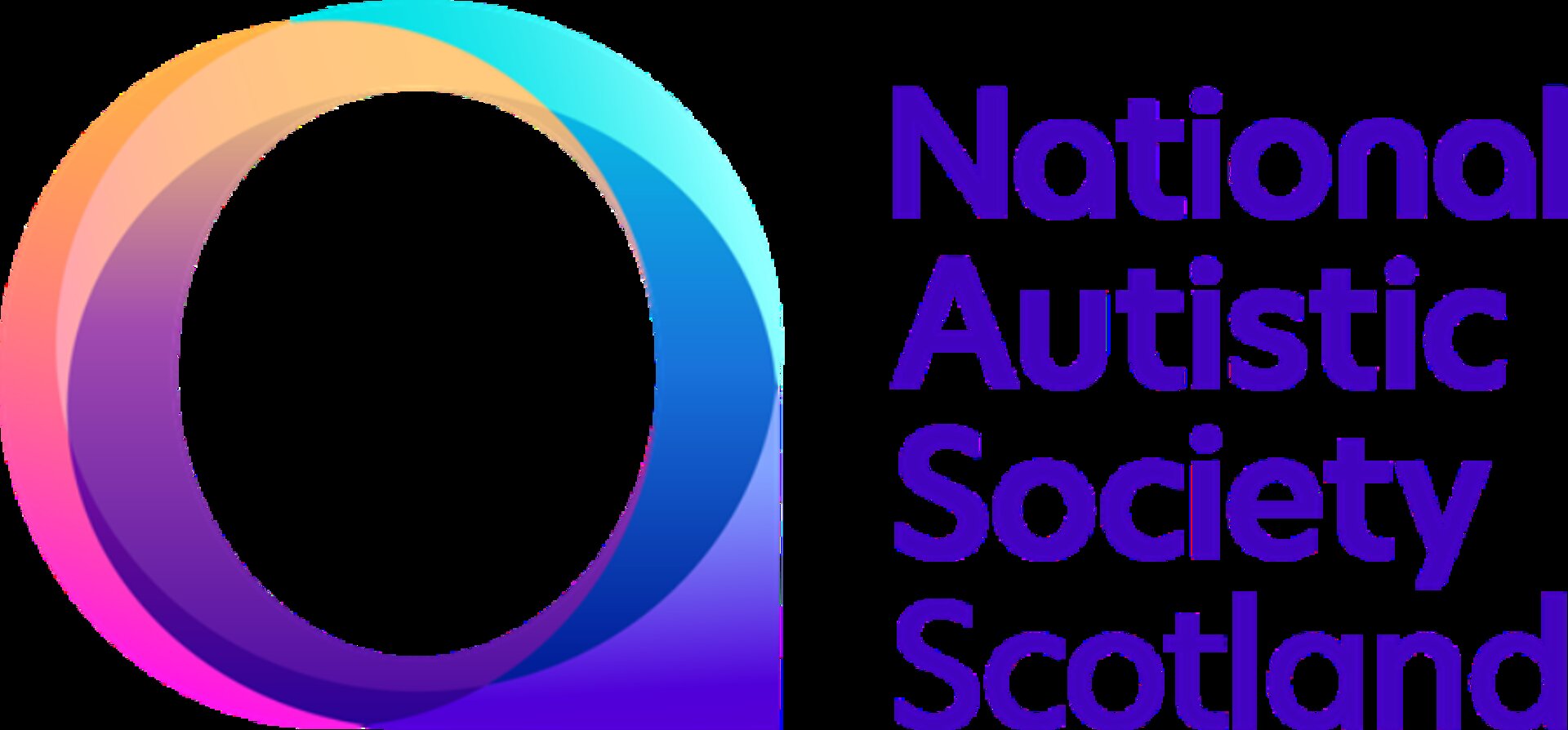Wellbeing team is UK's first to win National Autistic Society accreditation

Glasgow Caledonian University's Student Wellbeing Service has become the first in the UK to achieve Autism Accreditation from the National Autistic Society.
The accreditation is the UK's only autism-specific quality assurance programme for bodies providing services to autistic people and illustrates GCU's commitment to supporting its autistic students.
Principal Pamela Gillies CBE FRSE, Principal and Vice Chancellor of GCU, said: "Glasgow Caledonian University is delighted that its Student Wellbeing Service has become the first in the UK to be awarded National Autistic Society Accreditation. The accreditation recognises our pioneering support for our autistic students, much of which is already informing the work of other universities across the UK and Europe. The Wellbeing team is, like all our staff, fully committed to ensuring that GCU provides a welcoming and nurturing environment for all our students, regardless of their background or the personal challenges they may face. I am deeply impressed by the team's dedication to this task."
Catriona Mowat, the Wellbeing Service's Disability Manager, said: "Becoming the first to be accredited is a fantastic achievement, and everyone who has worked so hard towards this feel rightly proud of our success. Going through the accreditation scheme was really helpful – enabling us to identify and reflect on what we were getting right, and where we could continue to develop and improve. Over the past decade GCU has worked hard to understand and support the needs of our autistic students. We recognised that as well as delivering more inclusive services, we also needed to devise and deliver additional services to meet their specific needs.
"Our innovative approach was kick-started in 2010 when we ran a summer programme for autistic students to address anxieties about starting university, and to meet staff and make friends before starting. The University now has more than 100 students identified as autistic, and we support them through tailored services such as mentoring, the 'Socialeyes' programme which supports the understanding and development of social communication skills, a social group, and an employment skills and supported work placement project. We also train our colleagues on autism awareness and teaching inclusively. We have seen the benefits of this approach in our improved retention of autistic students, as well as lots of really encouraging feedback - we know our approach works because our students tell us it does.
"Similar programmes are now run at universities across Scotland and we have even had visitors from universities in Hungary, who piloted their own programme last year following a fact-finding visit to GCU. Like all universities, we are facing the challenges of adapting our services and support for autistic students in this time of social distancing. Our students are already meeting their mentors using video calls and we are devising an online version of our summer transition programme. In such uncertain times, it is more important than ever to offer well thought out and structured support to our autistic students.
The service supports a range of students throughout their time at GCU whether they are experiencing stress, homesickness, mental health issues, or having difficulties with their course due to a disability. It gives practical, counselling, mental health and wellbeing support through for example, one-to-one appointments, group sessions and workshops. To achieve accreditation, the University's Student WellBeing Service also ran a photography exhibition and created a platform for student videos to promote World Autism Awareness Week; piloted an employment scheme; raised awareness at schools, ensured GCU's Freshers' Fayre was more autism friendly by, for example, providing quiet spaces, and created an autism toolkit and audit of practices.
Christine Flintoft-Smith, Head of Autism Accreditation at the National Autistic Society, said: "We're delighted to accredit the Glasgow Caledonian University team. University staff have worked incredibly hard to adapt and improve their practice – and this is already making a difference to the autistic students they work with. We hope that their achievement will encourage other universities and colleges to work with us and improve their own autism practice."
For more information about the charity's Autism Accreditation programme, please visit www.autism.org.uk/accreditation.
